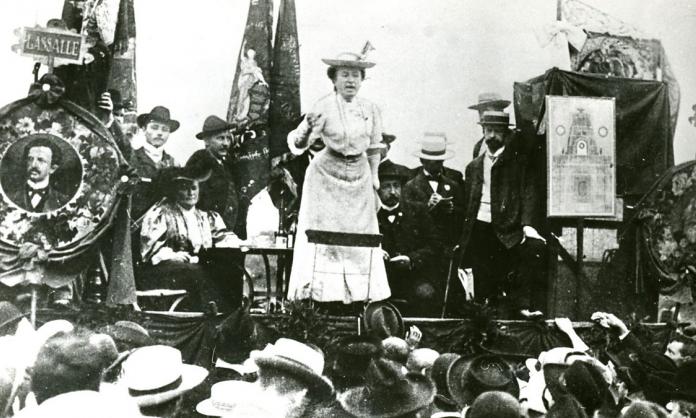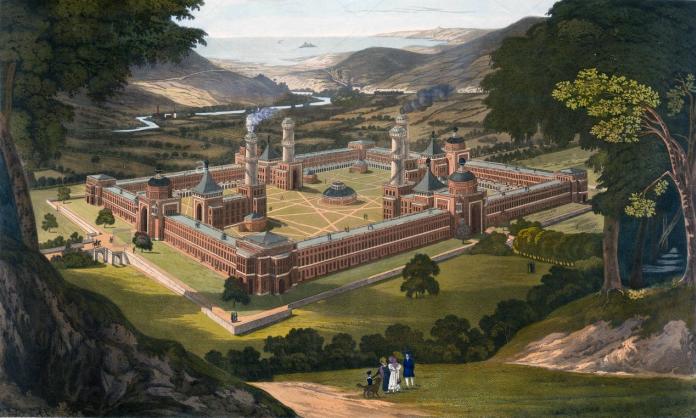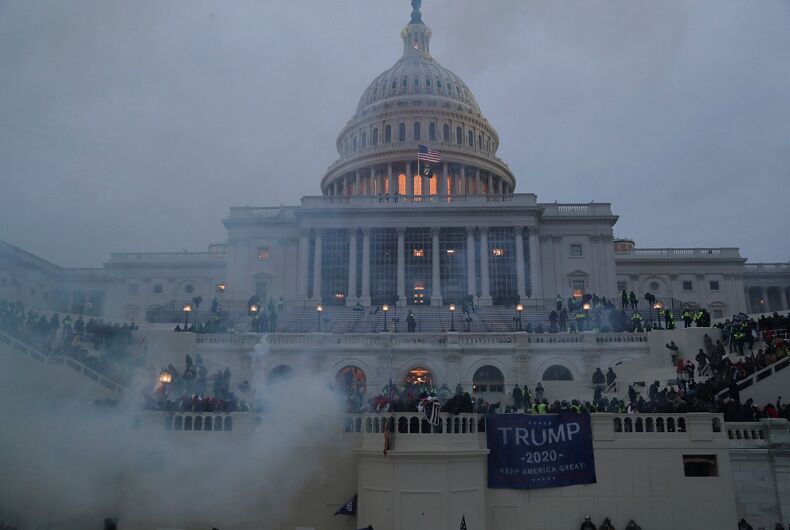International Women's Day 2021: when is it, what is the theme, inspirational quotes - and why is it celebrated?
International Women’s Day is celebrated all over the world, including in the UK
By Jenna Macfarlane
Friday, 5th March 2021

Countries all over the world band together on International Women’s Day to celebrate the achievements of women and campaign for gender equality
The international awareness day has been observed since the early 1900s - yet this year the celebrations will be like no other.
Due to the coronavirus crisis, many events all over the globe will be taking place virtually.
So, what is International Women’s Day, when is it in 2021 - and what is this year’s theme?
Here is everything you need to know.
What is International Women’s Day?
First celebrated in 1911, International Women’s Day (IWD) is a global day celebrating the achievements of women - whether that be social, economic, cultural or political.
It’s also a time for commemorating women who have made history and nodding to those who continue to champion gender equality for future generations.
But perhaps most significantly, the political roots of the day mean strikes and protests are organised to highlight continued inequality across the world.
Despite there being more gender equality than ever before in 2021, the IWD website concludes that there is still “urgent work to do”.
And data from UN Women has revealed that the coronavirus pandemic could wipe out 25 years of increasing gender equality.
Women are doing more domestic chores and family care due to lockdown restrictions, which in turn can impact upon career and education opportunities.
According to the World Economic Forum, “gender parity will not be attained for almost a century”.
It says: “None of us will see gender parity in our lifetimes, and nor likely will many of our children".
How did the day begin?
The day started with a march that took place in New York City in 1908.
Over 15,000 women took to the streets to campaign for shorter hours, better pay and voting rights.
The first National Women’s Day was then celebrated across the US on 28 February 1909.
But the idea to make it an international celebration came from Clara Zetkin, who floated the idea at the International Conference of Working Women in Copenhagen in 1910.
There were 100 women in attendance, from 17 countries, who unanimously agreed on her suggestion.
The United Nations started celebrating the day in 1975, and its first ever theme was "Celebrating the past, Planning for the Future" in 1996.
What are the colours of International Women’s Day?
The official colours of International Women’s Day are purple, green and white.
These originated from the Women’s Social and Political Union (WSPU) in the UK back in 1908, according to the International Women's Day website.
"Purple signifies justice and dignity. Green symbolizes hope. White represents purity, albeit a controversial concept,” it states.
When is International Women’s Day 2021?
International Women’s Day always falls on 8 March, which this year is a Monday.
Zetkin’s idea for an international awareness day had no fixed date, and there was no formal one until a war-time strike in Russia in 1917.
During the strike, women demanded “bread and peace”, until four days into the protest the Tsar was forced to abdicate and the provisional government granted women the right to vote.
The date when the strike began was 23 February on the Julian calendar which was used in Russia at the time.
In the Gregorian calendar, that was 8 March, which is the date International Women’s Day is celebrated today.
How is it celebrated?
The awareness day is a national holiday in many countries, including in Russia where flower sales double during the days around 8 March.
And in China, many women are given a half day off work as advised by the State Council - although some employers don’t always pass the half day on to female employees.
Meanwhile, in Italy, the day is celebrated by the giving of mimosa blossom. The tradition is thought to have started in Rome following the second world war.
In the US, the entire month of March is Women’s History Month and a presidential proclamation issued each year honours the achievements of American women.
However, this year will look different across the globe due to the pandemic.
More events are expected to take place virtually, including in the UK.
There will also be a virtual event on 8 March run by UN Women, with the theme: “Women in leadership: Achieving an equal future in a COVID-19 world”.
“The pandemic won’t dampen our spirits in the pursuit to connect communities around the world to collaboratively forge positive change for women,” the IWD website reads.
What is the International Women’s Day 2021 theme?
There’s a different theme for International Women’s Day each year to help to raise awareness.
In 2021, that is #ChooseToChallenge, according to the International Women’s Day website.
“We can all choose to challenge and call out gender bias and inequality. We can all choose to seek out and celebrate women’s achievements. Collectively, we can all help create an inclusive world,” organisers said.
To show their support for the theme, people can post an image of themselves on social media with their hand raised high to show they choose to challenge and call out inequality.
The images will be shared around the world in the lead up to the day, using the hashtags #ChooseToChallenge and #IWD2021.
What are International Women’s Day quotes?
Here are some inspirational quotes from famous women:
“I raise up my voice—not so I can shout but so that those without a voice can be heard… We cannot succeed when half of us are held back.” – Malala Yousafzai
“The success of every woman should be the inspiration to another. We should raise each other up. Make sure you’re very courageous: be strong, be extremely kind, and above all be humble.” – Serena Williams
“I think every woman in our culture is a feminist. They may refuse to articulate it, but if you were to take any woman back 40 years and say, ‘Is this a world you want to live in?’, they would say ‘No.’” – Dame Helen Mirren
“The best way for us to cultivate fearlessness in our daughters and other young women is by example. If they see their mothers and other women in their lives going forward despite fear, they’ll know it’s possible.” – Gloria Steinem
“Women belong in all places where decisions are being made … It shouldn’t be that women are the exception.” – Ruth Bader Ginsburg
“Each time a woman stands up for herself, without knowing it possibly, without claiming it, she stands up for all women.” – Maya Angelou
“There’s power in allowing yourself to be known and heard, in owning your unique story, in using your authentic voice.” – Michelle Obama
“Women feel like we need permission … We need to lead and change that.” – Emma Watson












